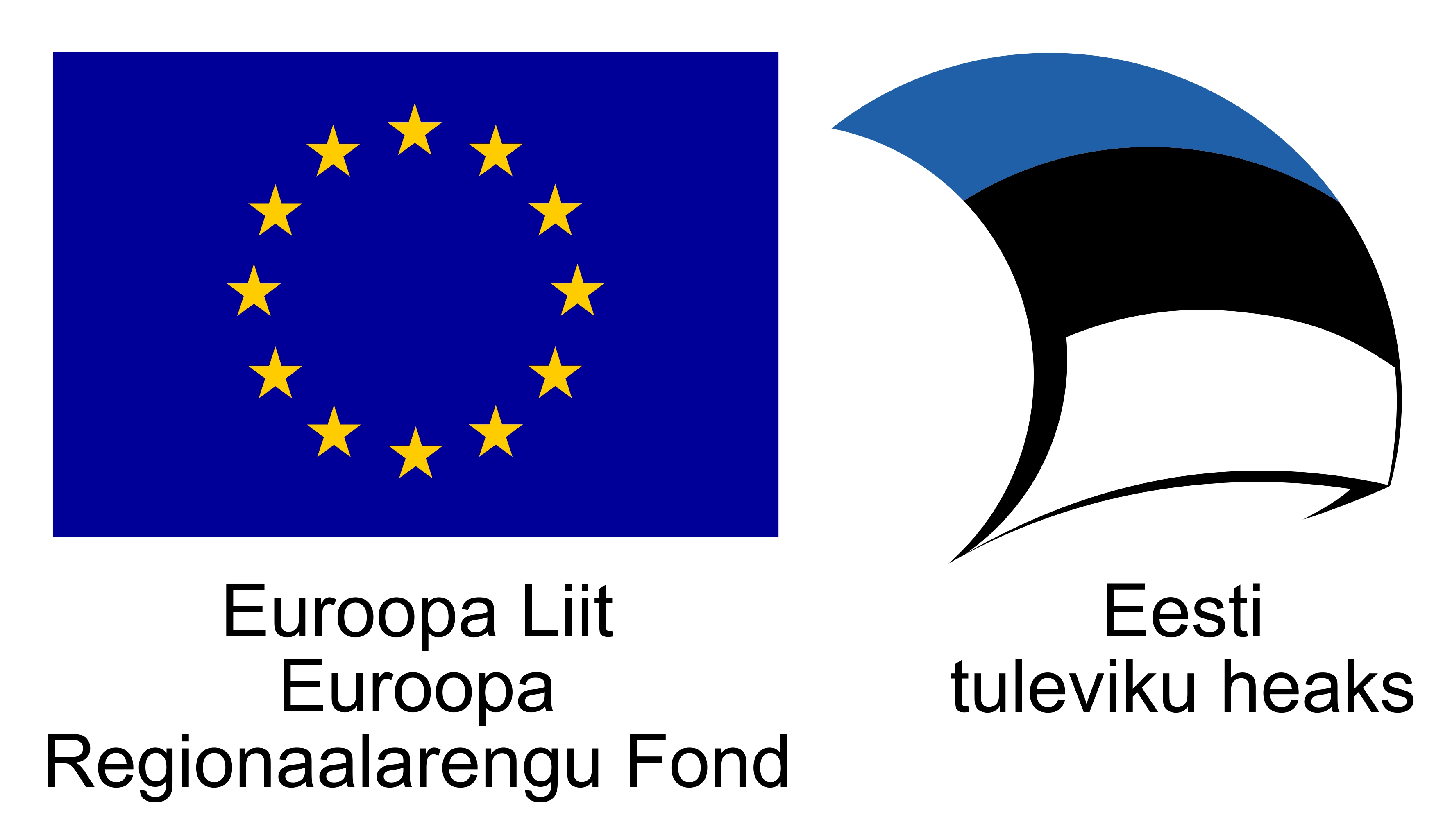A Q&A session with Dominika Pałasz, UX Researcher and UX Consultant

We are very fortunate to be joined today by Dominika Pałasz, UX Researcher at Space Rebels.
Today we are talking with Dominika Pałasz – UX researcher at Space Rebels, and a lecturer at Collegium Da Vinci.

In her interview with Sharewell, Dominika shares the story of getting into a UX adventure with her first job at a UX agency, and explains how she helps other people fulfill their dreams of entering the UX world.
Hello and welcome Dominika!
In which team do you work?
I form a UX team but work in a multidisciplinary team. He works closely and is in constant contact with developers, business, marketing, and production.
What is your role in the team?
I’m a UX Researcher and UX Consultant. I act independently and am responsible for the entire research process but also workshops to develop solutions and consult ideas with the business and recommend some solutions.
What is your working environment like?
I’m working in a startup where the environment is extremely dynamic. You have to be flexible enough to adapt to it. Although each person in the team is responsible for certain tasks, we are in constant contact with each other and do not infrequently support each other. It so happens that the situation requires learning completely new things, which is extremely developing, and for this, above all, I value the startup.
How did your adventure with UX begin?
My adventure with UX began while I was still studying cognitive science. I had a block of classes devoted to designing solutions with users in mind. From that moment I knew that this is what I wanted to grow in. I went on to get a master’s degree in UX Design specialization, and by expanding my research portfolio, with non-commercial projects, I managed to get my first job at a UX Agency. Since then, I have been actively working professionally and am extremely happy that my studies have brought such results.
What has been your greatest success?
In a very short time, I learned not only how to conduct research, but also how to work with business, development, or marketing. This has expanded my horizons tremendously. I managed to experience not only living in an agency but also my own freelance business, working in a startup, ending with a permanent job in a huge foreign company. I also became a lecturer and can share my experiences with others. It’s a huge success for me, because my learning has brought me to where I am in such a short time, and what’s more, now I’m the one who can help other people fulfill their dreams of entering the UX world.
What project do you remember from which you had big learning?
Every project has taught me something. We learn the most from the mistakes we make. In my case, a great deal of humility and understanding was given to me by my first research projects, in which I had to recruit on my own, in which I was responsible for the entire process, from preparing the scenario, conducting the research, analyzing the data and writing the report with recommendations. It was when I was left alone, without the support of a second researcher, that I learned the most. I had to search for answers based not only on my knowledge and experience but also on the Internet. I believe that only the first independent project will allow you to understand and learn the most. When we have to count on ourselves.
How do you create a great user experience?
Creating the user experience is a complex process that involves many steps. I always start with understanding the problem. Once I know what the problem is and can pinpoint and narrow it down I prepare for user testing. It is not uncommon for me to enrich such research with analysis of found data or competitive analysis. Only when I manage to collect all the data, including user needs, do we sit down with the team to create solutions, and at the very end validate them again with users.
Usability, as understood by users, is not only about nice design, but first of all about functionality and a product or service that responds to their real needs.
What methods do you use to get the user’s perspective and why?
There are many research methods and they should be judiciously adjusted depending on the needs and purpose of the project. I very often rely on analysis of found data, usability testing, or in-depth interviews. Not infrequently I also support quantitative methods such as surveys or statistical analysis. All this is done to take the broadest possible view of the problem or needs and answer them as reliably as possible.
How do you most enjoy solving project problems?
I love the collaboration of many people, with different competencies. This allows you not to anchor on one solution but to look at the problem more broadly.
In workshop work, where there are a lot of discussions, joint design is something that always gives me the most satisfaction.
Having test data, it is worth basing not only on your research intuition but most importantly, colliding your recommendations with people responsible for UX design, programming, or just business.
What is your single best piece of advice for a new UX researcher?
Be courageous and persistent. Expand your knowledge, talk to people, seek answers and show yourself. Even if you are at the beginning of your journey, show that you know what the research process means. You will learn the tools quickly, the clue is to show your thinking style. Get involved in non-commercial projects and build your workshop. It will all pay off.


